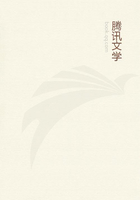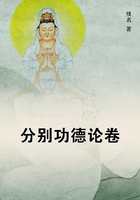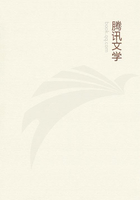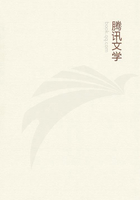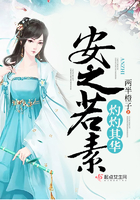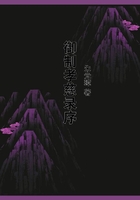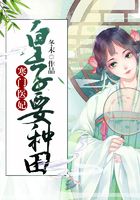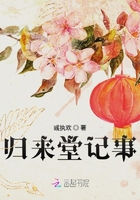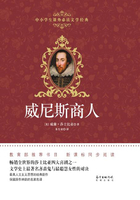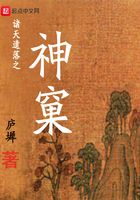Our camels were trudging to a slow but steady measure on toward the north. We were making twenty-five to thirty miles a day as we approached a small monastery that lay to the left of our route. It was in the form of a square of large buildings surrounded by a high fence of thick poles. Each side had an opening in the middle leading to the four entrances of the temple in the center of the square. The temple was built with the red lacquered columns and the Chinese style roofs and dominated the surrounding low dwellings of the Lamas. On the opposite side of the road lay what appeared to be a Chinese fortress but which was in reality a trading compound or dugun, which the Chinese always build in the form of a fortress with double walls a few feet apart, within which they place their houses and shops and usually have twenty or thirty traders fully armed for any emergency. In case of need these duguns can be used as blockhouses and are capable of withstanding long sieges. Between the dugun and the monastery and nearer to the road I made out the camp of some nomads. Their horses and cattle were nowhere to be seen. Evidently the Mongols had stopped here for some time and had left their cattle in the mountains. Over several yurtas waved multi-colored triangular flags, a sign of the presence of disease. Near some yurtas high poles were stuck into the ground with Mongol caps at their tops, which indicated that the host of the yurta had died. The packs of dogs wandering over the plain showed that the dead bodies lay somewhere near, either in the ravines or along the banks of the river.
As we approached the camp, we heard from a distance the frantic beating of drums, the mournful sounds of the flute and shrill, mad shouting. Our Mongol went forward to investigate for us and reported that several Mongolian families had come here to the monastery to seek aid from the Hutuktu Jahansti who was famed for his miracles of healing. The people were stricken with leprosy and black smallpox and had come from long distances only to find that the Hutuktu was not at the monastery but had gone to the Living Buddha in Urga. Consequently they had been forced to invite the witch doctors. The people were dying one after another. Just the day before they had cast on the plain the twenty-seventh man.
Meanwhile, as we talked, the witch doctor came out of one of the yurtas. He was an old man with a cataract on one eye and with a face deeply scarred by smallpox. He was dressed in tatters with various colored bits of cloth hanging down from his waist. He carried a drum and a flute. We could see froth on his blue lips and madness in his eyes. Suddenly he began to whirl round and dance with a thousand prancings of his long legs and writhings of his arms and shoulders, still beating the drum and playing the flute or crying and raging at intervals, ever accelerating his movements until at last with pallid face and bloodshot eyes he fell on the snow, where he continued to writhe and give out his incoherent cries. In this manner the doctor treated his patients, frightening with his madness the bad devils that carry disease.
Another witch doctor gave his patients dirty, muddy water, which Ilearned was the water from the bath of the very person of the Living Buddha who had washed in it his "divine" body born from the sacred flower of the lotus.
"Om! Om!" both witches continuously screamed.
While the doctors fought with the devils, the ill people were left to themselves. They lay in high fever under the heaps of sheepskins and overcoats, were delirious, raved and threw themselves about. By the braziers squatted adults and children who were still well, indifferently chatting, drinking tea and smoking.
In all the yurtas I saw the diseased and the dead and such misery and physical horrors as cannot be described.
And I thought: "Oh, Great Jenghiz Khan! Why did you with your keen understanding of the whole situation of Asia and Europe, you who devoted all your life to the glory of the name of the Mongols, why did you not give to your own people, who preserve their old morality, honesty and peaceful customs, the enlightenment that would have saved them from such death? Your bones in the mausoleum at Karakorum being destroyed by the centuries that pass over them must cry out against the rapid disappearance of your formerly great people, who were feared by half the civilized world!"Such thoughts filled my brain when I saw this camp of the dead tomorrow and when I heard the groans, shoutings and raving of dying men, women and children. Somewhere in the distance the dogs were howling mournfully, and monotonously the drum of the tired witch rolled.
"Forward!" I could not witness longer this dark horror, which Ihad no means or force to eradicate. We quickly passed on from the ominous place. Nor could we shake the thought that some horrible invisible spirit was following us from this scene of terror. "The devils of disease?" "The pictures of horror and misery?" "The souls of men who have been sacrificed on the altar of darkness of Mongolia?" An inexplicable fear penetrated into our consciousness from whose grasp we could not release ourselves. Only when we had turned from the road, passed over a timbered ridge into a bowl in the mountains from which we could see neither Jahantsi Kure, the dugun nor the squirming grave of dying Mongols could we breathe freely again.
Presently we discovered a large lake. It was Tisingol. Near the shore stood a large Russian house, the telegraph station between Kosogol and Uliassutai.

